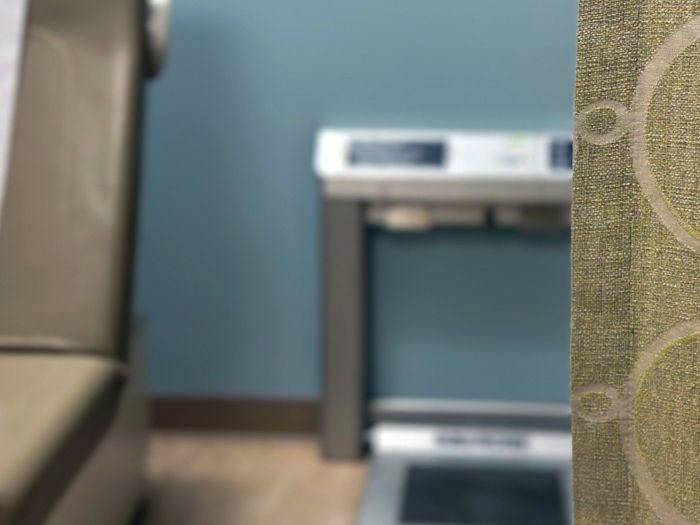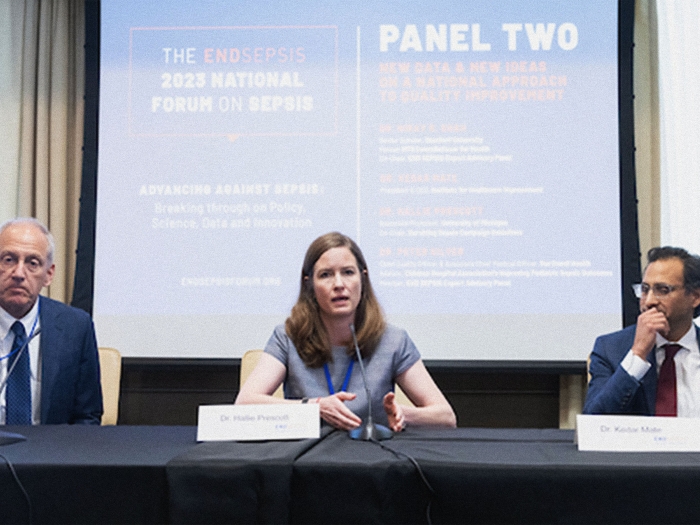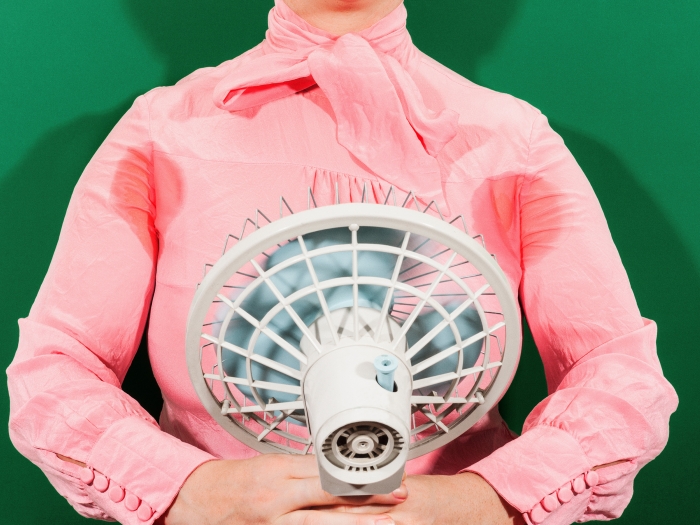Showing 16-30 of 116 results

Health Lab
An effort to reduce use of PPI heartburn drugs in veterans because of overuse, cost and potential risks succeeded, but provides lessons about deprescribing efforts.

Health Lab
In the past two years, 60% of people age 50 to 80 have visited an urgent care clinic, or a clinic based in a retail store, workplace or vehicle, according to new findings from the University of Michigan National Poll on Healthy Aging.

Health Lab
Telehealth study of patient portal e-visits by Medicare participants shows few had an interaction for which their provider billed them.

Health Lab
Most people with risk factors for cardiovascular disease – what are sometimes called the Essential Eight – are managed by primary care clinics, or haven’t seen any provider recently

Health Lab
Around 10% of all deaths following percutaneous coronary intervention are potentially preventable, a study led by Michigan Medicine finds.

Health Lab
Perinatal mental health research shows more pregnant people and those who have recently given birth are getting diagnosed and treated for depression, anxiety and PTSD, but disparities remain.

Health Lab
A growing number of people living with Alzheimer’s disease and related dementias – especially those from diverse backgrounds – receive care from a network of individuals that increasingly includes nontraditional informal caregivers.
Research News
A team led by Vanessa Dalton, MD, MPH, and Kara Zivin, PhD, has received a $3 million grant from the National Institute of Mental Health to study the mental health impacts of recent changes in reproductive health policy.

Health Lab
Medicaid eligibility during pandemic led to increased postpartum coverage, study suggests

Health Lab
Today, thanks to researchers, medical and public health experts, pharmaceutical companies, engineers and others, we know more and can do more about the coronavirus called SARS-CoV2, and the disease called COVID-19, than ever before.

Health Lab
How do ageism and positive age-related experiences differ for people who have tried to look younger, or feel they look younger, than they actually are? A new study examines this and the relationship with health

Minding Memory
In this episode, Matt and Donovan talk with Dr. Jason H. Moore, Director of the Center for Artificial Intelligence Research and Education (CAIRE) and Chair of the Department of Computational Biomedicine at Cedars-Sinai Medical Center. Jason discusses the coming impact of artificial intelligence on a spectrum of Alzheimer’s disease and related dementia (ADRD) issues. We discuss how tools such as AI-powered chatbots may improve quality of life for people living with dementia (and their caregivers) and how AI may contribute in the future to diagnosis and treatment.

Health Lab
Obesity care under a health care provider’s supervision, whether through nutrition counseling, medication, meal replacement or bariatric surgery, can help people with high BMI, but many don’t receive it.

Health Lab
Hallie Prescott of the Michigan Medicine Division of Pulmonary & Critical Care Medicine is providing guidance at the state and national level to reduce the burden of sepsis in hospitalized patients.

Health Lab
Women who have both migraines and a long-term history of hot flashes and/or night sweats have a slightly higher risk of heart disease and stroke, and young women who have migraines have a higher risk of later persistent menopause symptoms.